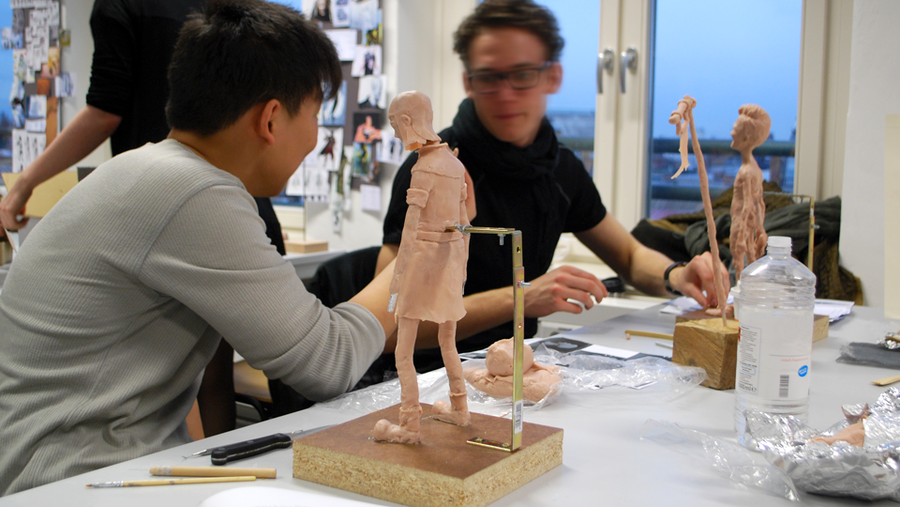This post originally appeared on gamesandlearning.org

A session at SXSW Interactive on Monday, March 16 will offer some real insights into how various companies think about design and use research in their product development.
The session will feature Cecilia Weckström, senior director of LEGO.com; Tinsley Galyean, founder and CTO of the Global Literacy Project, a collaboration between MIT, Tufts, & GSU; and Elliott Hedman, whom Wired labeled as a pioneer of new design research.
Ahead of the conversation, we asked some of those participating to offer some insights into how they continue to evolve design and research strategies.
For Cecilia Weckström, she said her challenge is to remain “open to what is.”
“As human beings we have a tendency to follow things (people and companies) that confirm our point of view, validate our perspective and in that way, invisibly make us become more entrenched in a view we already have,” she said this week.
Weckström added that the growth of customized and personalized digital media and search tools have made it harder to fight this threat to creativity. “For this reason I try to experiment a lot – I use apps like Zite and others to test what different algorithms recommend me, and I deliberately try to break my own patterns. The greatest threat to any research is confirmation bias, hence working against it takes an active effort,” she said.
For Hedman, whose work focuses a lot on testing stresses on players and users of products, he finds himself turning to core pieces of literature in the research field to fuel his strategies.
When asked what people should be reading to understand design and research he pointed to Research Methods for Social Work by Allen Rubin and Earl Babbie, saying, “The authors spend a considerable amount of time talking about ‘How do we know we know?,’ which I believe is the essential question for why traditional design research often comes up short with easily influenced children.”
But for Hedman it is also about still finding inspiration in the games and forms of games that may seem dated. Or, he is just nuts about board games.
“My not-so-secret passion is how to teach people how to play board games. Fantasy Flight released a spectacular board game, XCOM, that seamlessly combines with an app. XCOM is complicated, think Monopoly or Settlers of Catan on steroids, but rather than having the painful experience of reading directions for an hour, the game taught us as we played,” he said ahead of Monday’s session. “We first learned to put UFOs on the board, then we learned to place interceptors, and later on we learned how to buy back our interceptors when the UFOs inevitably shot them down. The experience was so well thought out, it was as if there were no directions at all: we learned while in a state of play.”
All three panelists will be discussing the big picture of design and the role of research in that picture Monday at 3:30 at the Hyatt Regency Zilker Ballroom 4. The session is open to all who are registered for SXSW Interactive and is moderated by the Joan Ganz Cooney Center Managing Director Michelle Miller.

